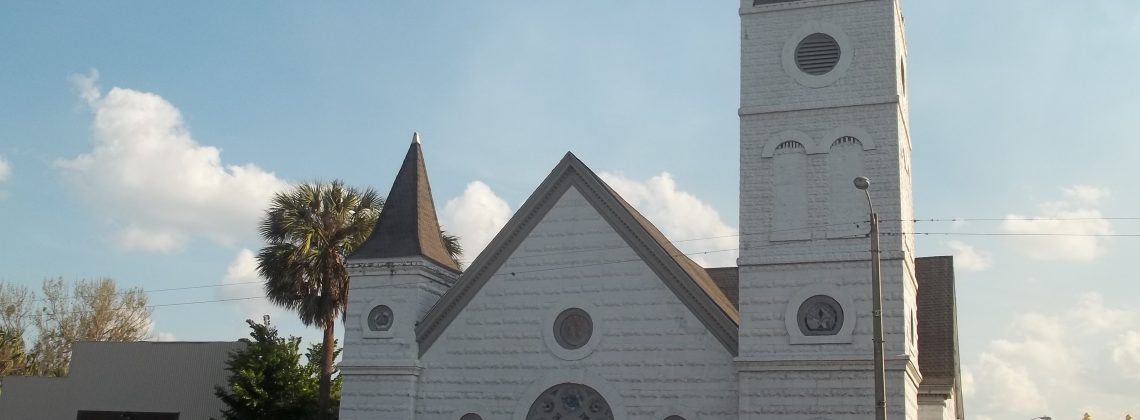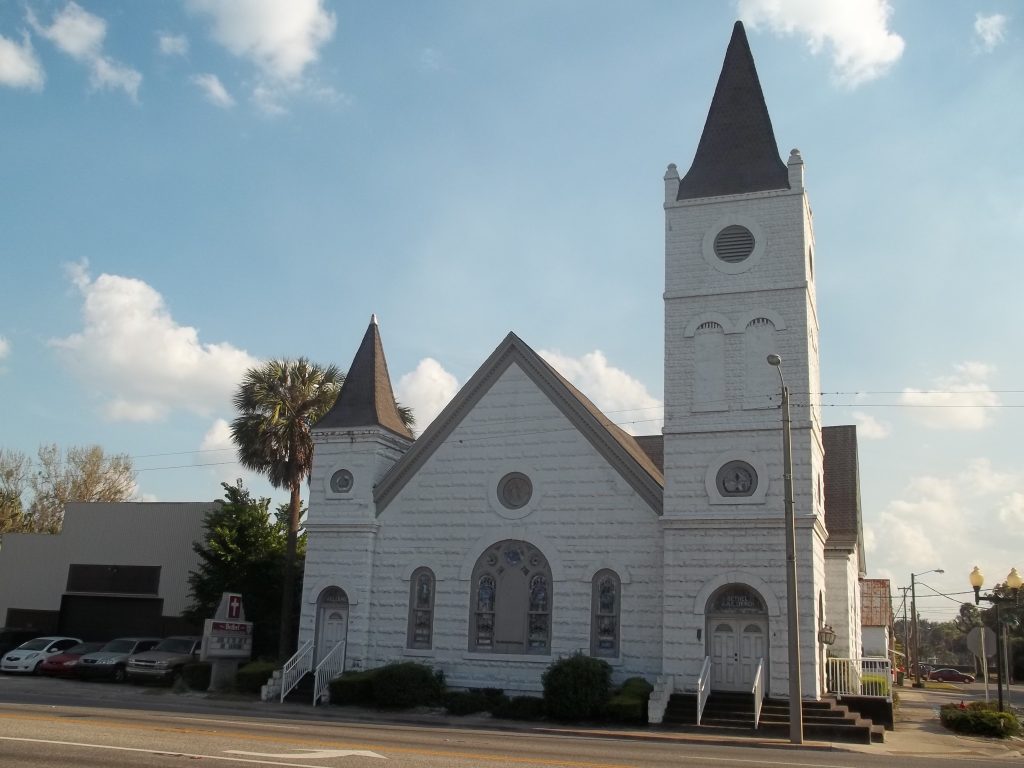

Today the Atlantic published my essay on what the decline of the Black church’s influence on younger African Americans might mean for the future of African American politics. As I wrote in that piece:
Traditionally, the route to winning the African American vote for Democratic politicians has run through Black churches . . . The members of these churches are overwhelmingly loyal to the party of Jesse Jackson, Barack Obama, and Biden; 90 percent of Black Methodists, for instance, are Democrats.
But today, many of those churches are shrinking, and their members are aging. . . . For many younger African Americans, the Black Church no longer holds the place of importance that it did for their parents or grandparents. Fewer than one-third of Black Gen Zers and Millennials ever go to Black churches. The result is that the Democratic Party is losing a reliable way to reach Black voters.
Younger African Americans who leave the Black church are going in two directions. Some are dropping out of church altogether, but others are going to multiracial evangelical churches. Both groups, it turns out, are less likely to identify as Democrats.
What will that mean for the future of American religion and politics? To find out more, you can read the full piece here.
It is disheartening to learn of the decline of Black churches. I’m not that concerned about its effect on politics, but rather its effect on the health of Black communities, families and leadership, where it has played a key role (though I realize some of that is connected to politics). The decline means trouble in the future, like the decline of churches in general and it effects on society as a whole, as others like James Davison Hunter point out.